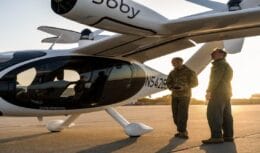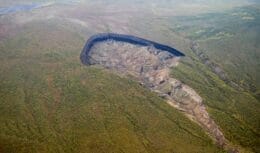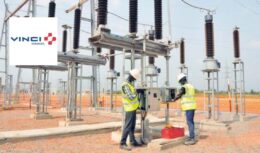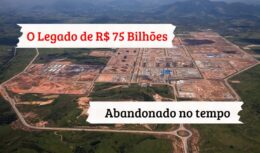
Pilot projects are vital to leverage 5G in Brazil
Brazil is a country with continental dimensions and there is great social and financial inequality that plagues part of its territory. This impasse also exists in the field of digital infrastructure, which reveals aspects of exclusion, according to the economic development of each region, which makes the country extremely heterogeneous in relation to the infrastructure implemented.
The arrival of new technologies
The implementation of new technologies can change the reality of more remote regions, a factor that can be decisive for this is the implementation of the 5G internet network in Brazil, the auction for the concession of operation in the 5G frequency bands took place on the 4th and December 5, 2021, the deployment of the 5G network in all capitals was scheduled until July 31, 2022, but on June 2, 2022, ANATEL extended the deployment deadline in capitals to September 29, 2022.
The major impact that should happen on the country's infrastructure, had a schedule maintained, which establishes the entry of operations in other regions in addition to the capitals gradually until 2029.
5G technology will increase connection speed and reduce latency (response time), the network is designed to connect virtually everything (cell phones, vehicles, computers and even machinery) in a wireless network.
In addition, 5G technology will change the world we live in, the difference between 4G and 5G is huge and we should have great advances in areas such as telemedicine and autonomous cars, and the biggest difference between the technologies is the response time (latency ), which may allow for efficiency in remote surgeries in the execution of telemedicine, an area that does not tolerate errors. In addition to enabling the full functionality of autonomous cars that require a giant level of connectivity, given the volume of data that needs to travel at the highest possible speed with the data center.
new investments
The level of investment in infrastructure in the long term should increase considerably in more remote regions of the country, bringing development and the need for new demands, one cannot imagine a future with autonomous cars and 5G network on deteriorated roads and without energy as is the case of some cities further away from the country, such as Assis Brasil and Manoel Urbano, both located in the state of Acre, according to data from the National Household Sample Survey (PNAD), in 2018.
The digitization of the infrastructure sector has contributed to a higher quality of structured projects and more assertiveness when putting a work into practice.
According to IDC, by 2023, digital infrastructure will be the foundational platform for all IT and business automation initiatives anywhere and everywhere. Such technology needs to enable the frictionless exchange of data and operations between ecosystems from the edge to the core.
Project acceleration
One of the main results of these implementations is the ability to accelerate projects that would normally take a long time to get off the ground, let alone to be actually carried out. Tools such as artificial intelligence, Big Data, cloud solutions and CRM were far from reality for most companies.
Nowadays, they are essential for their functioning and for them to remain relevant in the market. Revisiting old structures shows us how far we have advanced in this scenario. Today it is possible to find equipment that allows this.
Credits: Luciano Machado — Partner at MMF Projetos, civil engineer from Universidade Presbiteriana Mackenzie, with an MBA in business management from Fundação Getúlio Vargas (FGV), Specialist in Geotechnics from the Instituto Brasileiro de Educação Continuada (INBEC) and Philosopher from Universidade Cruzeiro do Sul.













Army summons Brazilians with up to…
Come be a watermelon, you too
Air Force F-16 fighters…
Which genocide are you talking about? Than…
Air Force F-16 fighters…
Everything is fine, 100-year secrecy,…
Air Force F-16 fighters…
Well... It's flying scrap... Typical...
Brazil begins an ambitious journey…
Very poor project with the final station…
"White Elephant" is a term for public works,…
What would the wake effect be like with…
Lol, what a strange report Eternite belonged to…
The idea is great, but I'm thinking...
I have a Corolla Cross XRE, and I'm going to…
Unbelievable revolutionary and even scary...
It's a big step forward, I can't deny it!…
Looking forward to starting